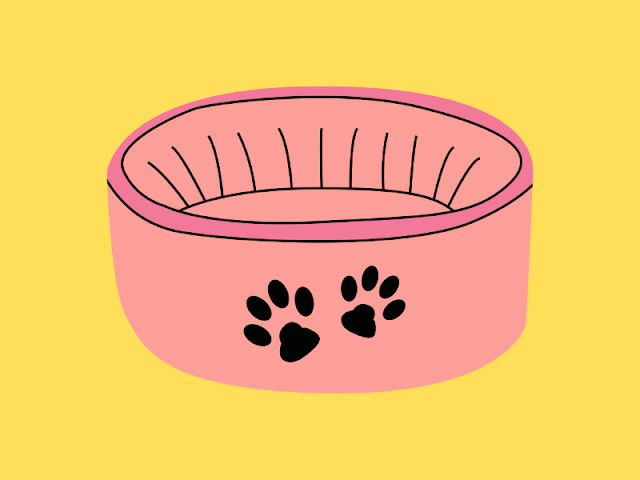Choosing the Right Bed for Your Dog: A Step-by-Step Guide
Your furry friend deserves a comfortable place to rest after a long day of playing and exploring. A good bed will not only provide comfort, but it will also help maintain your dog's joint health and support their muscles. With so many options available, it can be difficult to choose the right bed for your dog. This step-by-step guide will help you make an informed decision and choose the best bed for your furry friend.
Step 1: Consider Your Dog's Size and Weight
The first thing to consider when choosing a bed for your dog is their size and weight. A bed that is too small won't provide enough support, while a bed that is too big will take up too much space in your home. Make sure you measure your dog from nose to tail and from paw to paw to determine their size. Consider the weight of your dog, as well, as this will affect the bed's durability and stability.
Step 2: Consider Your Dog's Sleeping Habits
Your dog's sleeping habits will also play a role in choosing the right bed. If your dog likes to stretch out, a flat bed might be the best option. If they prefer to curl up in a ball, a round bed or a bed with sides might be a better fit. Consider if your dog is a restless sleeper and if they need more support or stability while they sleep.
Step 3: Consider the Material of the Bed
The material of the bed is also an important factor to consider. Some dogs prefer soft, plush beds, while others like firmer beds. Make sure the material of the bed is durable and easy to clean. Some materials, like memory foam, are great for dogs with joint issues, while others, like cotton, are better for dogs that prefer a soft, plush sleeping surface.
Step 4: Consider the Style of the Bed
The style of the bed you choose will depend on your personal preference and your dog's sleeping habits. Some common styles include raised beds, orthopedic beds, and heated beds. Raised beds are great for dogs that like to be elevated, while orthopedic beds are great for dogs with joint issues. Heated beds are great for dogs that prefer a warm sleeping surface.
Step 5: Consider Your Home's Decor
The bed you choose should not only be comfortable for your dog but also complement your home's decor. Consider the color, pattern, and style of the bed and make sure it fits with your home's aesthetic.
Step 6: Consider the Price
Finally, consider the price of the bed. While it's important to choose a bed that is comfortable and durable, you don't have to break the bank to do so. Look for beds that are made from high-quality materials and that offer good value for the price.
In conclusion, choosing the right bed for your dog is a critical step in ensuring their comfort and health. By considering your dog's size, sleeping habits, material, style, home's decor, and price, you can make an informed decision and choose the best bed for your furry friend.

Comments
Post a Comment